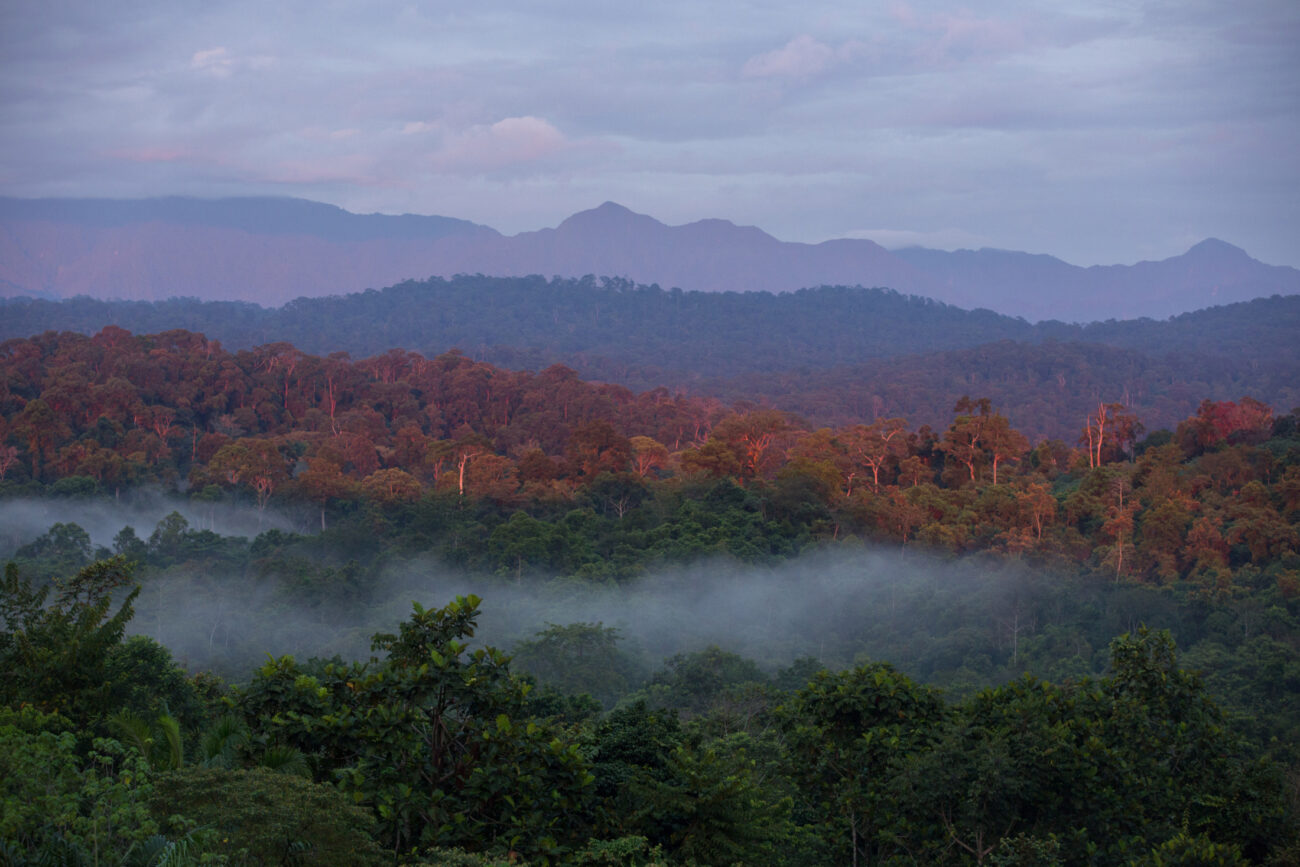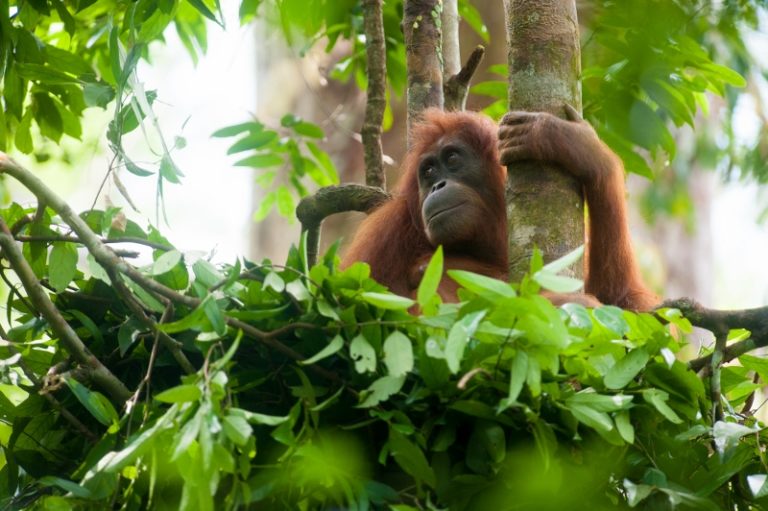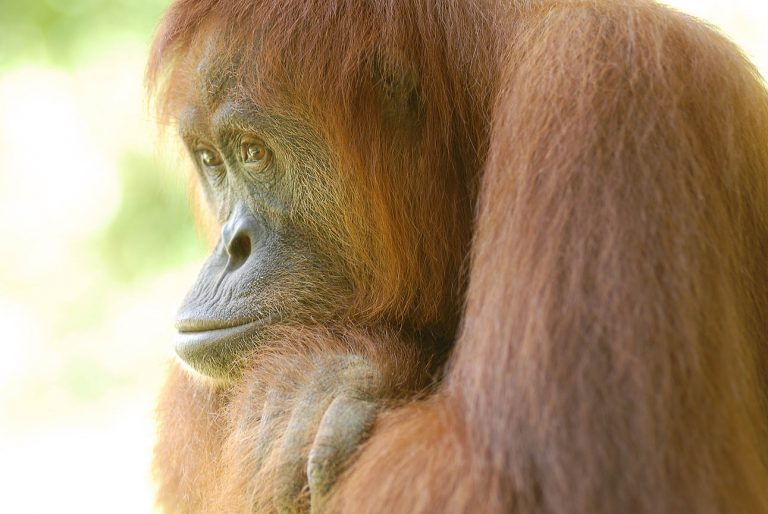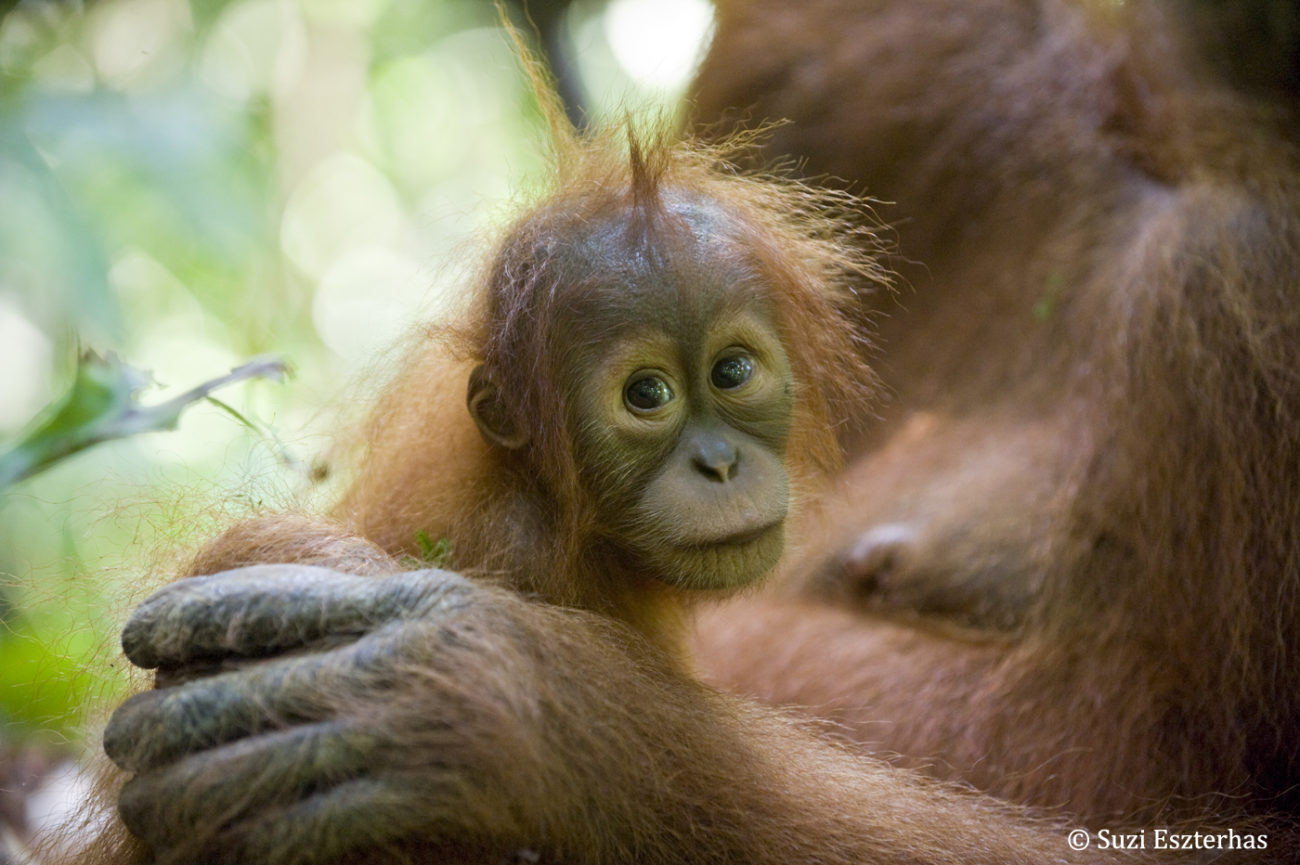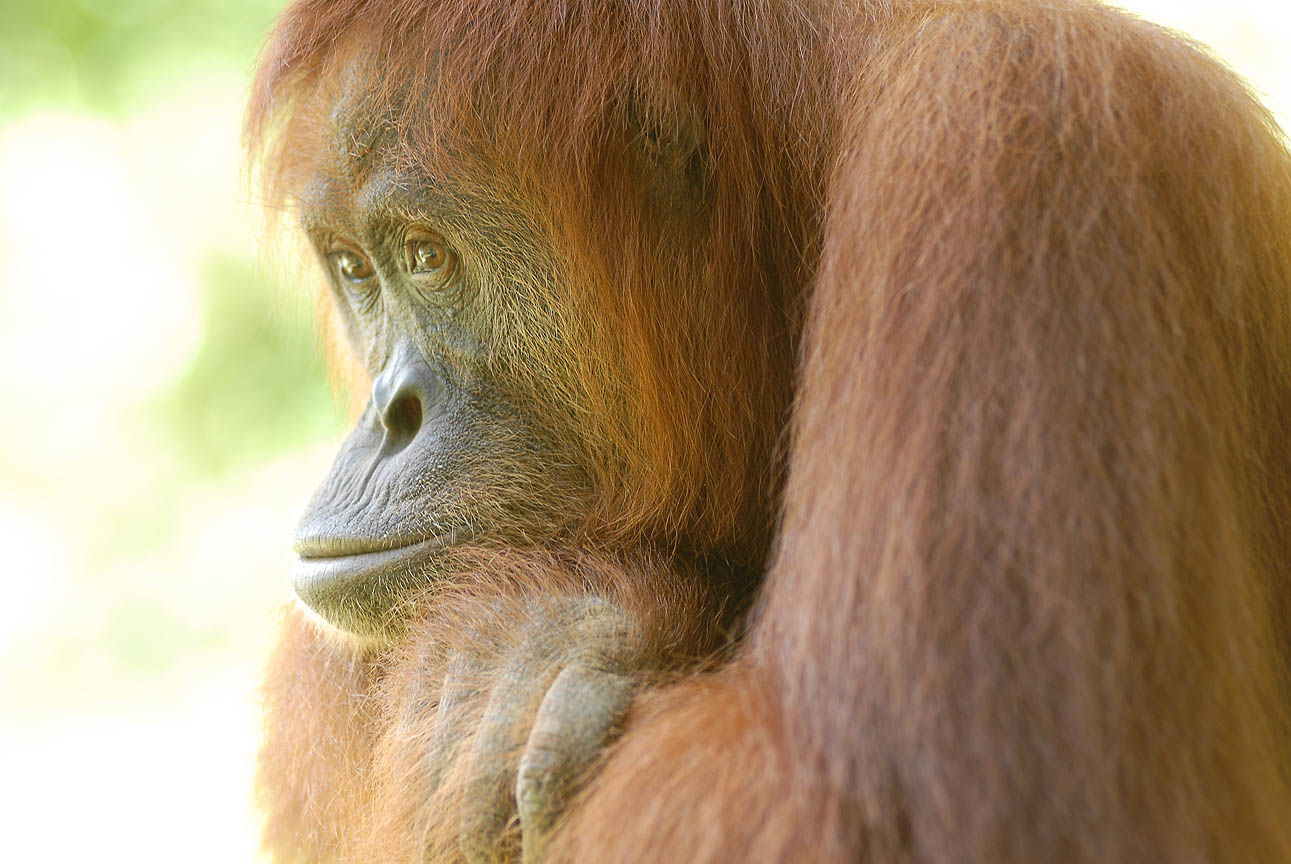The key to protecting orangutans is preserving their forest home – vibrant jungles, buzzing with life. Without this they cannot thrive in the wild, and without them the forest would lose a key ‘gardener’ which helps to maintain the health and resilience of the ecosystem. They share their habitat with many other unique and precious species such as Sumatran tigers, rhinos, elephants, clouded leopards, gibbons and sunbears, as well as countless birds, insects and other creatures. Many of Sumatra’s species are endemic to the island and found nowhere else in the world. So, protecting orangutans as a flagship species also protects thousands of other species – the entire biodiversity of the tropical rainforest.
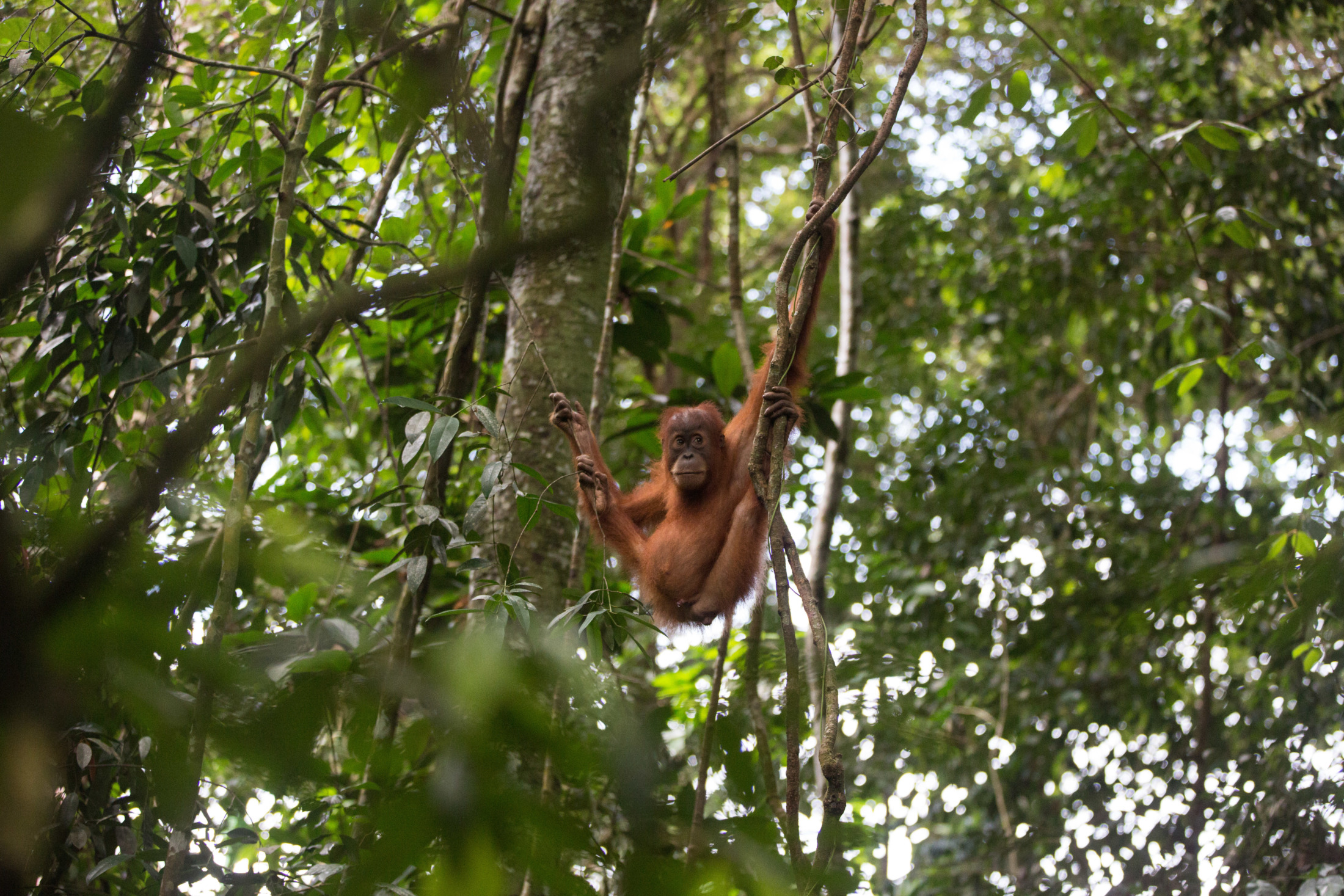
The forests also perform vital ecosystem services for communities around them and further afield. They act as crucial watersheds, absorbing huge amounts of rainfall and releasing it steadily to ensure a regular water supply downstream whilst reducing the risks of floods, landslides and soil erosion. They also support agriculture by regulating the local climate and provide many resources which can be harvested sustainably by forest-edge communities.
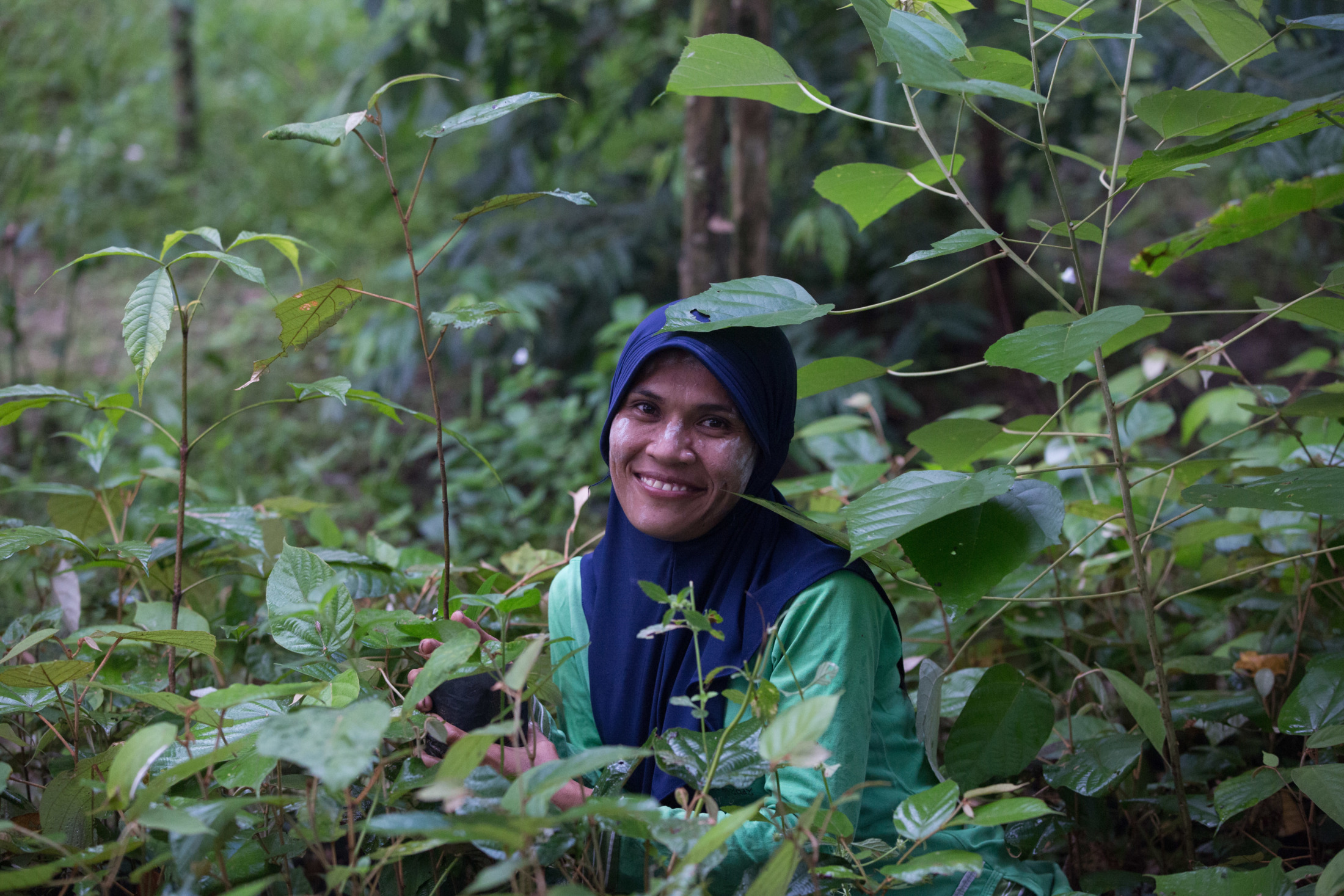
At a global level, Sumatra’s intact rainforests and the soil below them are huge carbon sinks. which means that protecting orangutan habitat is a vital natural climate solution.
Orangutans are a keystone species, shaping their habitat and keeping the whole ecosystem healthy. But now only 14,000 Sumatran orangutans and just 800 Tapanuli orangutans remain in the wild.
